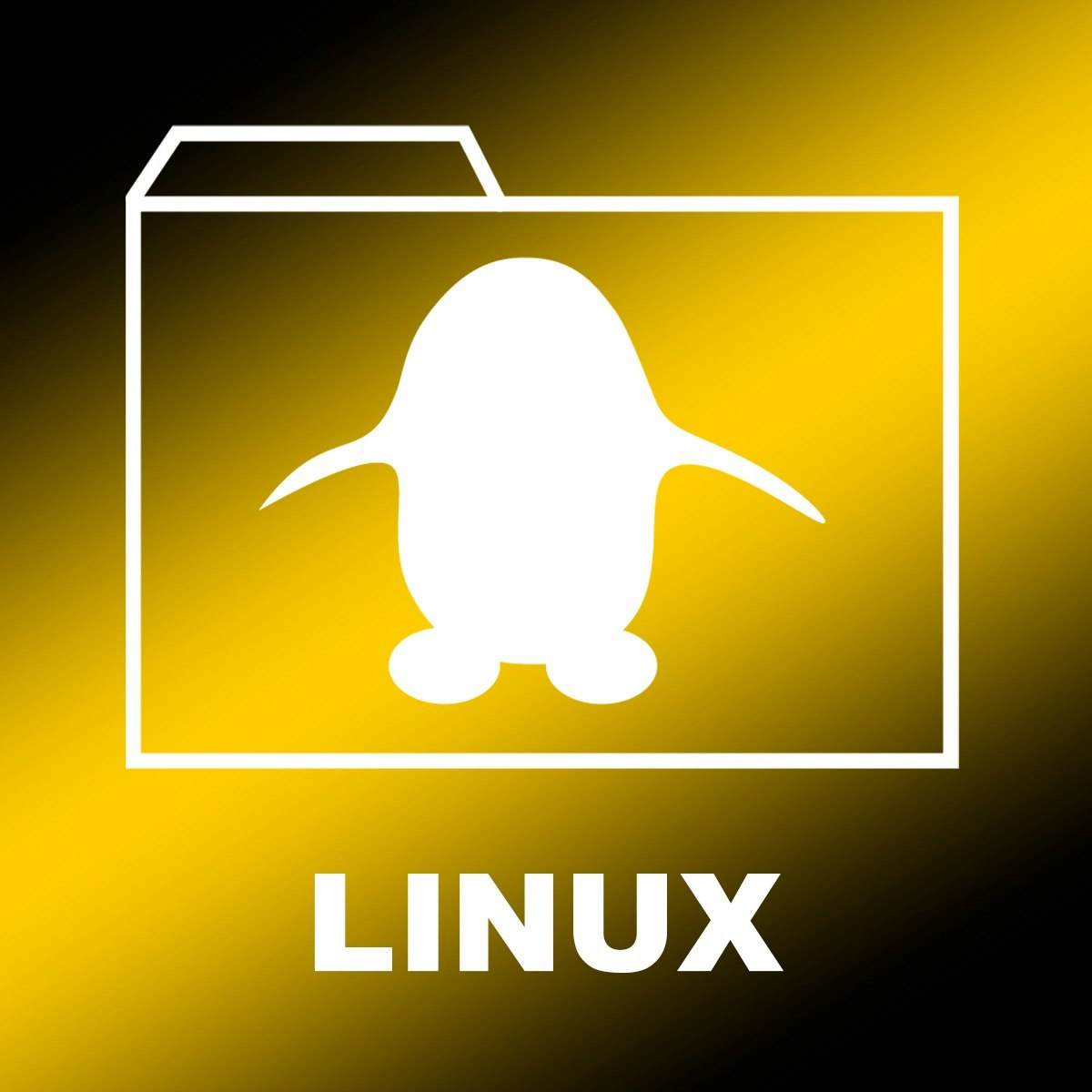
In this 1.5 hour guided project, you will learn about the Linux file system. How to manipulate files in Linux as well as using shell script to build useful utilities. At the end of this project, you will have built 3 useful file utility shell scripts (5 if you participate in the optional practice and cumulative challenge).
What's inside
Syllabus
Good to know
Save this course
Activities
Review basic command-line utility skills
Show steps
Brush up on your basic command-line utility skills to ensure you have a strong foundation before starting the course.
Show steps
-
Review basic Linux commands such as ls, cd, mkdir, and rm.
-
Practice navigating the Linux file system using the command line.
-
Learn how to create, delete, and modify files and directories.
Follow tutorials on Linux file manipulation
Show steps
Enhance your understanding of Linux file manipulation techniques by following guided tutorials.
Show steps
-
Find video or written tutorials on Linux file manipulation and shell scripting.
-
Follow the tutorials step-by-step to reinforce your skills in using Linux commands and shell scripts.
-
Practice the commands and techniques you learn from the tutorials.
Mentor a junior student in Linux file manipulation
Show steps
Reinforce your understanding of Linux file manipulation and shell scripting by mentoring a junior student.
Show steps
-
Find a junior student or mentee who is interested in learning Linux file manipulation.
-
Provide guidance and support to your mentee.
-
Answer their questions and help them overcome challenges.
Three other activities
Expand to see all activities and additional details
Show all six activities
Practice shell scripting exercises
Show steps
Solidify your shell scripting abilities through repetitive practice exercises.
Browse courses on
Shell Scripting
Show steps
-
Find practice exercises or problem sets on shell scripting.
-
Attempt to solve the exercises independently.
-
Review your solutions and identify areas for improvement.
Create a shell script to automate a file management task
Show steps
Apply your shell scripting skills by creating a useful script for automating a file management task.
Browse courses on
Shell Scripting
Show steps
-
Identify a file management task that you could automate.
-
Design and write a shell script to perform the task.
-
Test your script and make necessary modifications.
Build a simple file management application
Show steps
Put your Linux file system and shell scripting skills to the test by building a simple file management application.
Browse courses on
Shell Scripting
Show steps
-
Plan and design the features and functionality of your application.
-
Write the code for your application using shell scripting.
-
Test your application and gather feedback from users.
Review basic command-line utility skills
Show steps
Brush up on your basic command-line utility skills to ensure you have a strong foundation before starting the course.
Show steps
- Review basic Linux commands such as ls, cd, mkdir, and rm.
- Practice navigating the Linux file system using the command line.
- Learn how to create, delete, and modify files and directories.
Follow tutorials on Linux file manipulation
Show steps
Enhance your understanding of Linux file manipulation techniques by following guided tutorials.
Show steps
- Find video or written tutorials on Linux file manipulation and shell scripting.
- Follow the tutorials step-by-step to reinforce your skills in using Linux commands and shell scripts.
- Practice the commands and techniques you learn from the tutorials.
Mentor a junior student in Linux file manipulation
Show steps
Reinforce your understanding of Linux file manipulation and shell scripting by mentoring a junior student.
Show steps
- Find a junior student or mentee who is interested in learning Linux file manipulation.
- Provide guidance and support to your mentee.
- Answer their questions and help them overcome challenges.
Practice shell scripting exercises
Show steps
Solidify your shell scripting abilities through repetitive practice exercises.
Browse courses on
Shell Scripting
Show steps
- Find practice exercises or problem sets on shell scripting.
- Attempt to solve the exercises independently.
- Review your solutions and identify areas for improvement.
Create a shell script to automate a file management task
Show steps
Apply your shell scripting skills by creating a useful script for automating a file management task.
Browse courses on
Shell Scripting
Show steps
- Identify a file management task that you could automate.
- Design and write a shell script to perform the task.
- Test your script and make necessary modifications.
Build a simple file management application
Show steps
Put your Linux file system and shell scripting skills to the test by building a simple file management application.
Browse courses on
Shell Scripting
Show steps
- Plan and design the features and functionality of your application.
- Write the code for your application using shell scripting.
- Test your application and gather feedback from users.
Career center
Shell Script Developer
File System Engineer
Automation Engineer
Linux Administrator
Unix Administrator
Technical Writer
Systems Administrator
Data Analyst
Security Analyst
IT Administrator
Software Developer
Web Developer
Network Administrator
DevOps Engineer
Cloud Engineer
Reading list
Share
Similar courses
OpenCourser helps millions of learners each year. People visit us to learn workspace skills, ace their exams, and nurture their curiosity.
Our extensive catalog contains over 50,000 courses and twice as many books. Browse by search, by topic, or even by career interests. We'll match you to the right resources quickly.
Find this site helpful? Tell a friend about us.
We're supported by our community of learners. When you purchase or subscribe to courses and programs or purchase books, we may earn a commission from our partners.
Your purchases help us maintain our catalog and keep our servers humming without ads.
Thank you for supporting OpenCourser.



